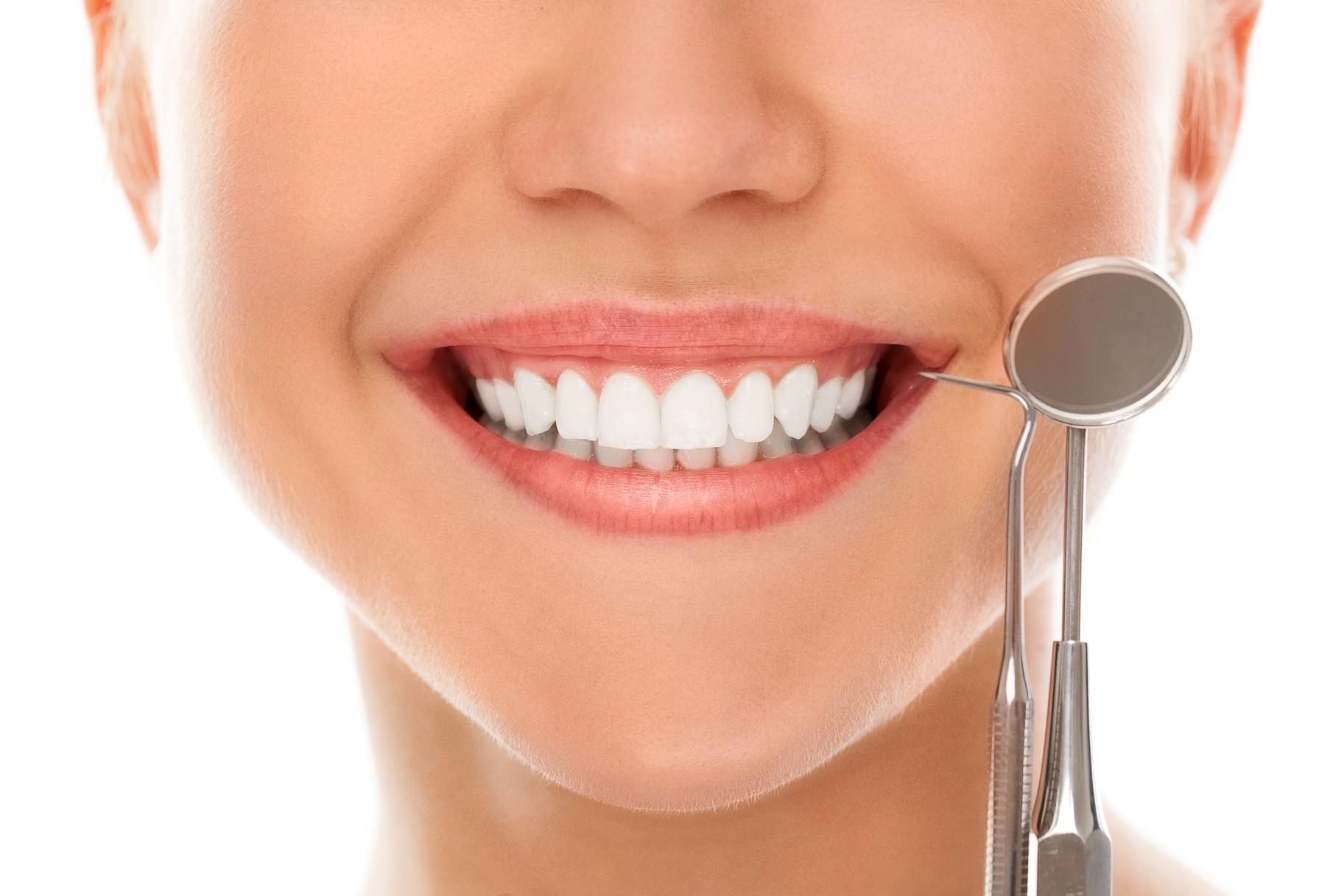Dental Care Tips to Help Relieve Dry Mouth Symptoms



Saliva is crucial in moisturizing and cleaning the mouth. But in some cases, the salivary flow isn’t enough. This can lead to a dry mouth, which can be very uncomfortable.
Dry mouth can be due to various factors, such as taking certain medications or undergoing treatments. Another common trigger is dehydration.
Ignoring this condition can be harmful to your oral health. Your risks of developing bad breath, gum disease, cavities, and mouth infections can increase.


Drink plenty of water daily. Keep the saliva flowing by drinking at least eight glasses of water every day.

Water helps remineralize and strengthen the enamel against acid attacks. It also assists in removing debris build-up on teeth after eating.
If you’re always on the go, carry a bottle with you so you can drink water anytime.
Chewing sugar-free gum will help stimulate the flow of saliva in the mouth.

Regular gums or candies can be loaded with sugar, so sugar-free options are worth considering.
Ensure moderate intake, however, as anything excessive can have negative effects.
There’s nothing wrong with drinking a cup of coffee each day, but too much of it can take a toll on your teeth. Caffeine can contribute to a dry mouth. It also leaves stubborn stains behind.

Minimize your intake and make it a habit to drink water or rinse your mouth with plain water after having coffee.
This will help rinse away substances from the teeth and your mouth.

variants containing alcohol can leave the mouth dry, so it’s better to check out other formulations.
Consult with your dentist to know which product suits your dental needs best.
treated
